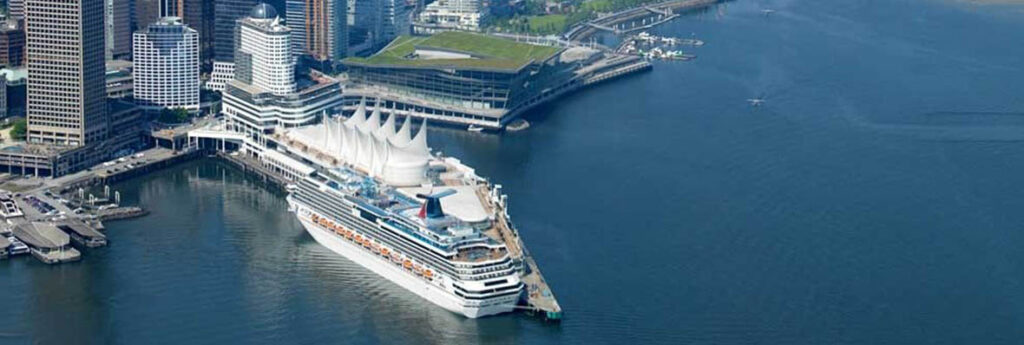The US has asked Canada to reevaluate its ban on cruises, which prohibits ships from sailing in Canadian waters until March 2022. The committee suggested allowing stops at Canadian ports without passengers disembarking, noting that could minimize COVID-19 risk Canada is concerned about.
Last week the House Committee on Transportation and Infrastructure sent a letter to Canadian ambassador to the US Kirsten Hillman, hoping to “encourage” the Canadian government to work with the U.S. government and the cruise industry to find a “mutually agreeable solution.”
In the letter, the committee expressed its “concern regarding the potential economic impact on local businesses and communities,” saying that “by closing Canadian ports to passenger vessels for another year, the livelihoods of tens of thousands of Americans and Canadians are at risk from more job losses and further economic devastation.”
Canada’s ban not only impacts ships in Canadian waters, it also prevents cruises in Alaska, New England, Washington state or the Great Lakes. Ocean cruise ships have not sailed in US waters since last March.
US maritime law requires international stops on ships flagged in foreign countries, which includes many major cruise lines’ ships.
Consequently, many of the cruises scheduled to sail, for example, to Alaska would need to stop at a port in Canada, which is not permitted by the country’s ban. Cruise lines, including Holland America and Princess Cruises, have already cancelled their Alaska seasons as a result.
The non-disembarking of passengers at Canadian ports could allay Canadian fears of COVID risk.
Cruise Lines International Association, (CLIA)thanked committee members for facilitating dialogue with the Canadian government, in a statement provided by Bari Golin-Blaugrund, vice president of strategic communications for CLIA.
“CLIA looks forward to working with the Canadian and U.S. authorities on a solution that addresses the public health needs of Americans and Canadians alike, while responsibly restarting a critical economic driver for the Pacific Northwest and Alaska,” CLIA said.
This isn’t the first initiative taken by members of Congress in the face of the ban. Shortly after it was issued, Young and Alaska Republican Reps. Lisa Murkowski and Dan Sullivan issued a joint statement explaining that the ban was “unexpected” and “unacceptable” since it came without warning.
“We expect more from our Canadian allies,” the statement said. “Upon hearing the announcement, we immediately reached out to Canadian and American agencies to try to understand the rationale behind this decision – particularly the duration of the ban. We are exploring all potential avenues, including changing existing laws, to ensure the cruise industry in Alaska resumes operations as soon as it is safe. We will fight to find a path forward.”

